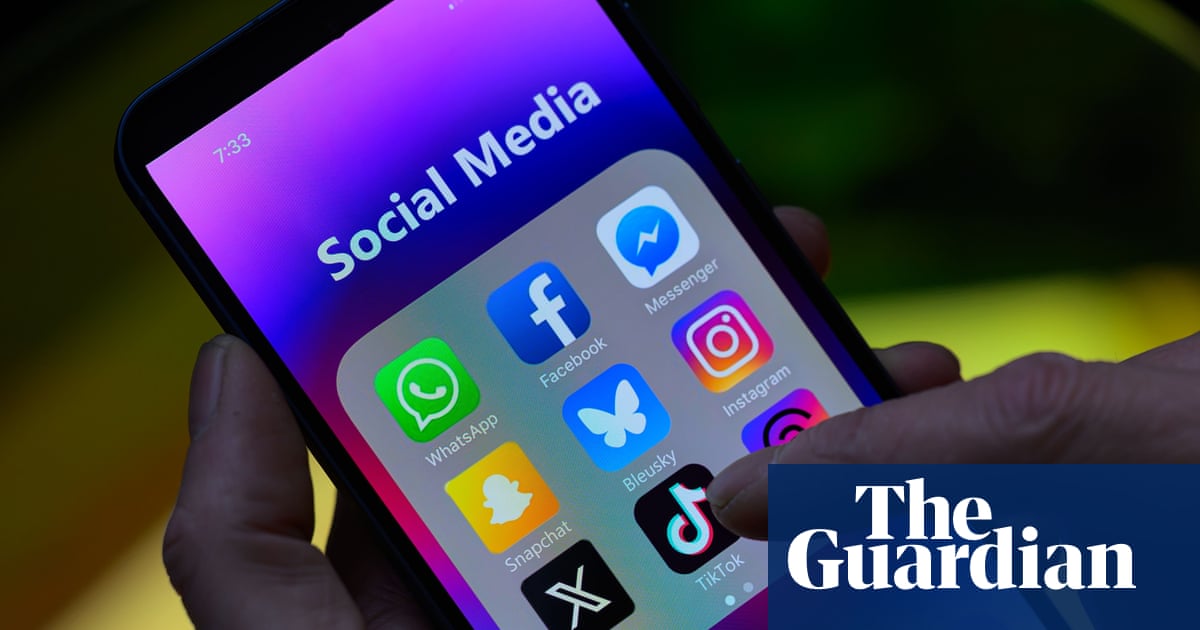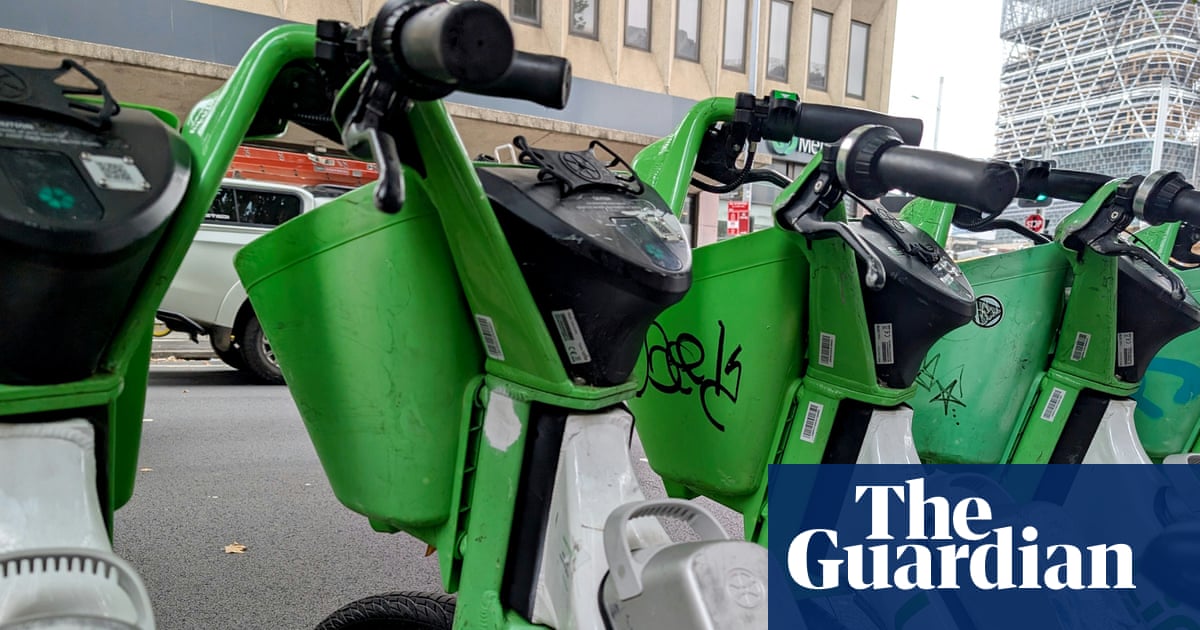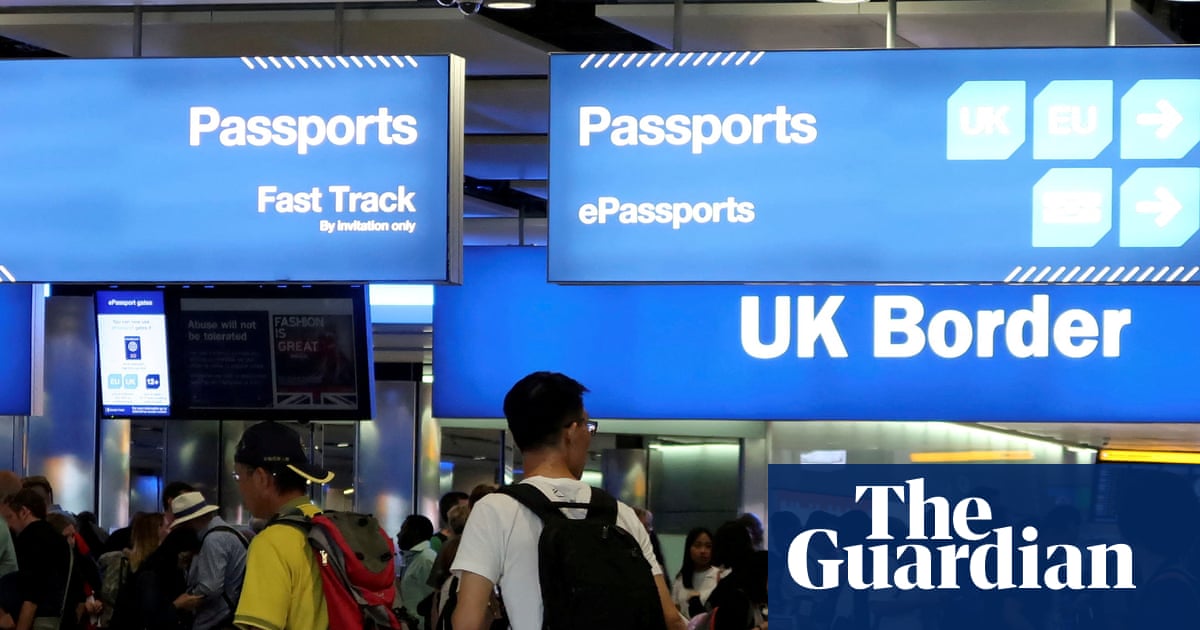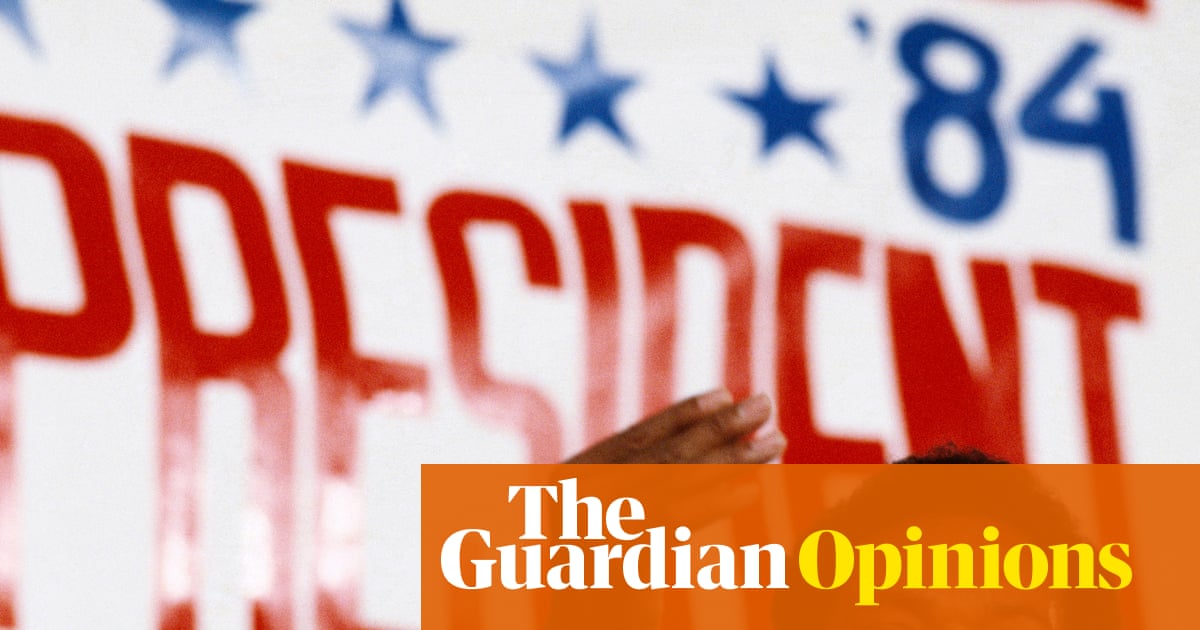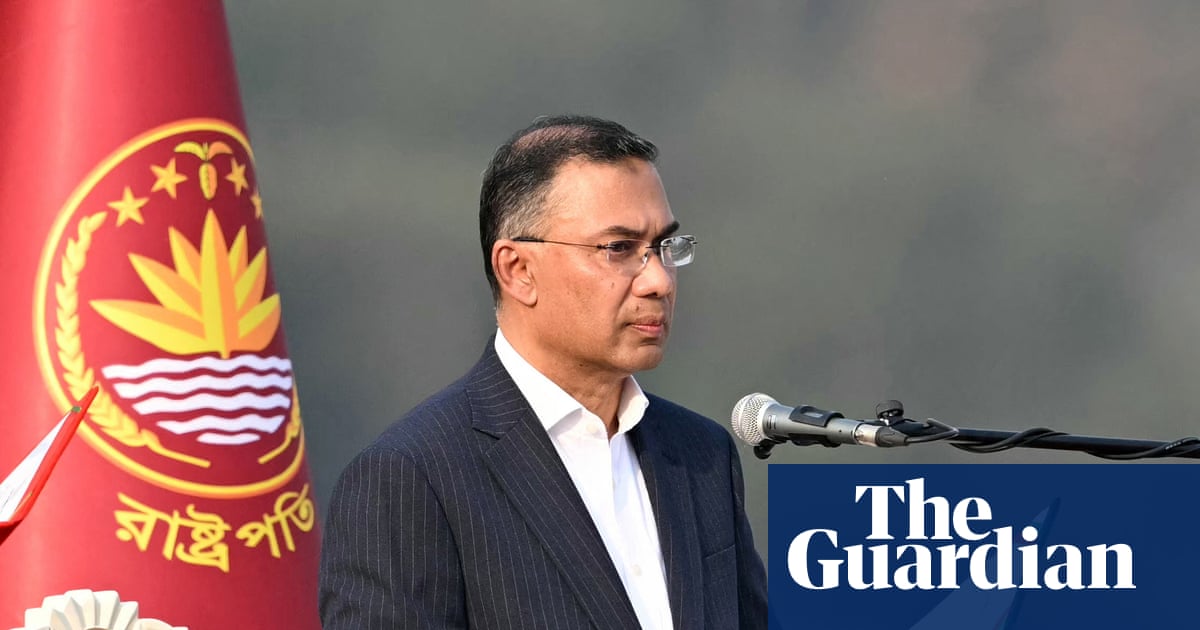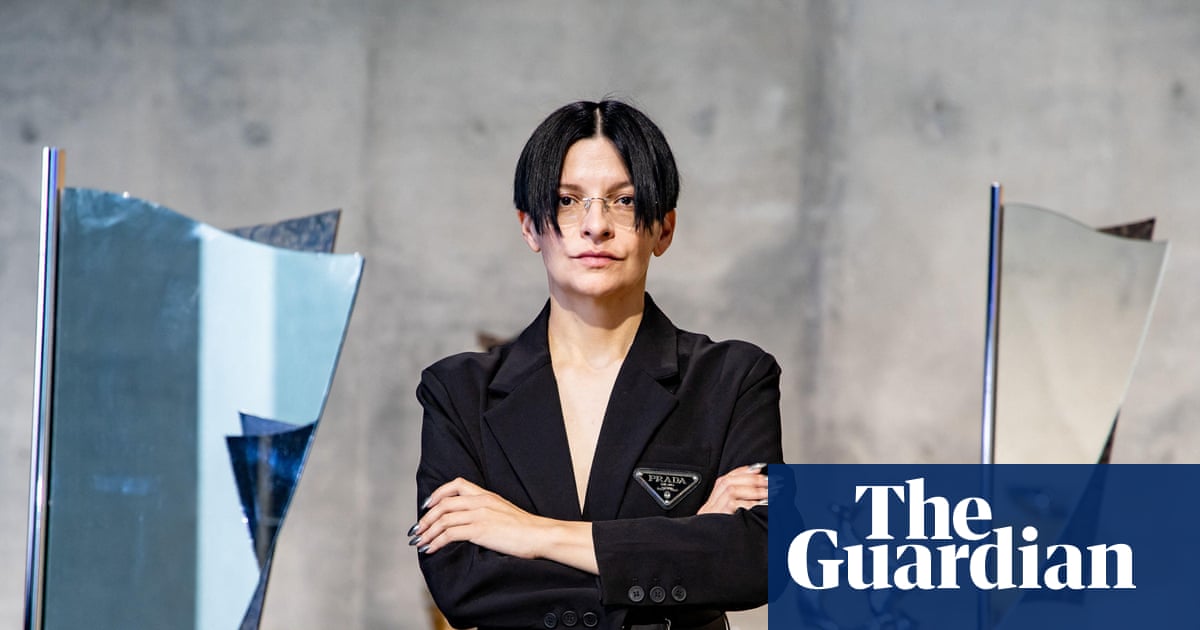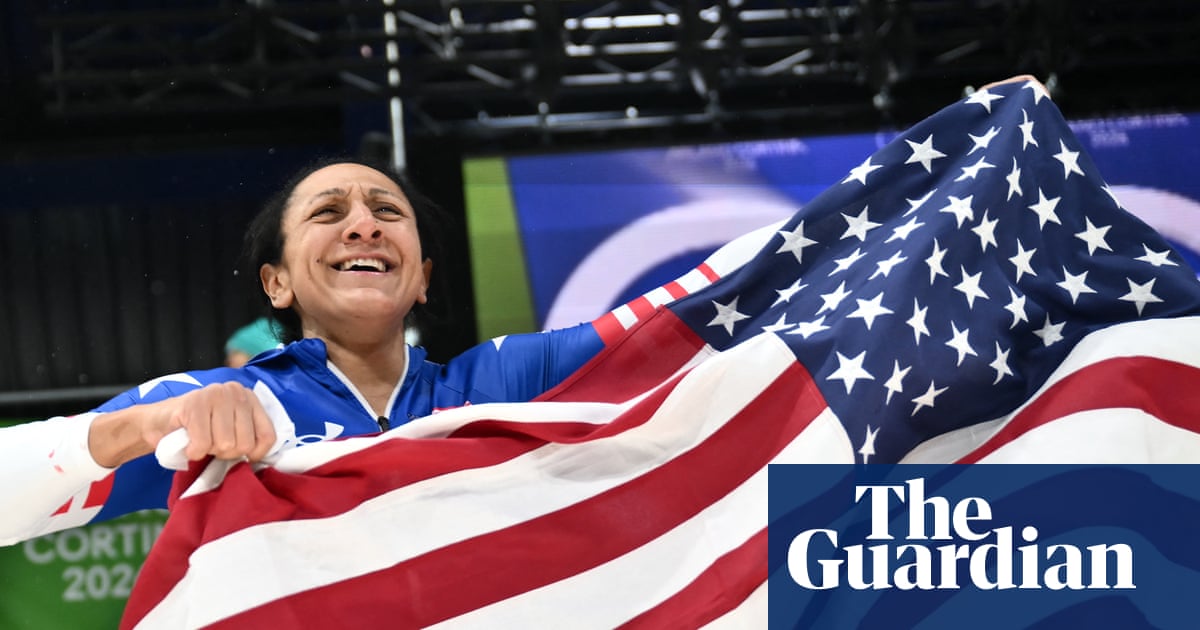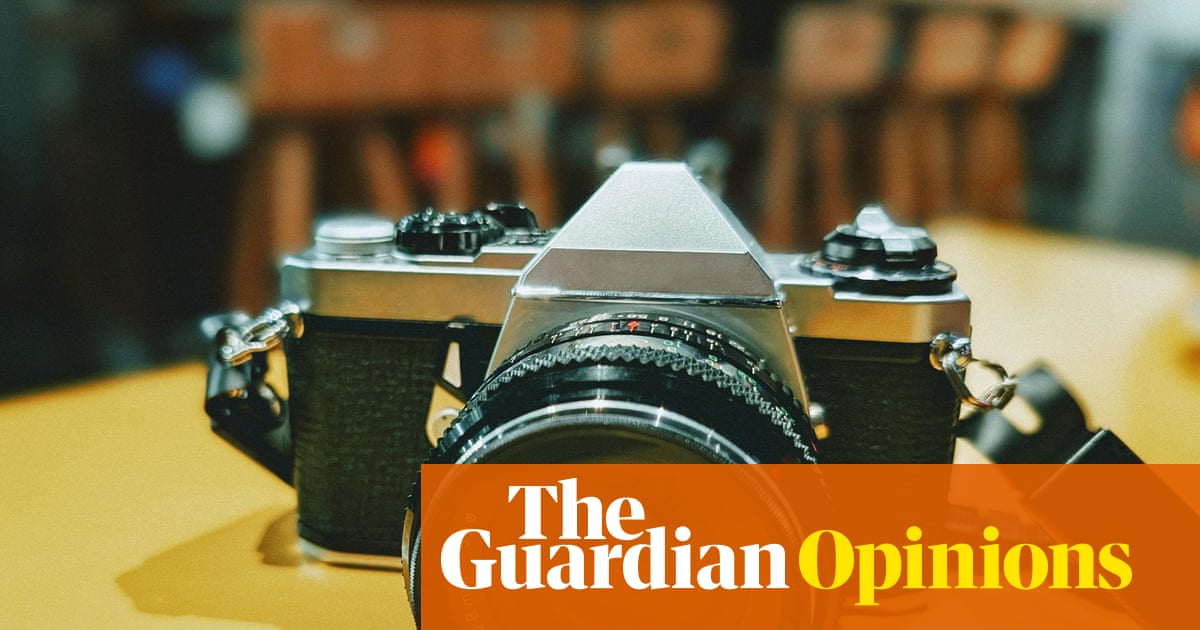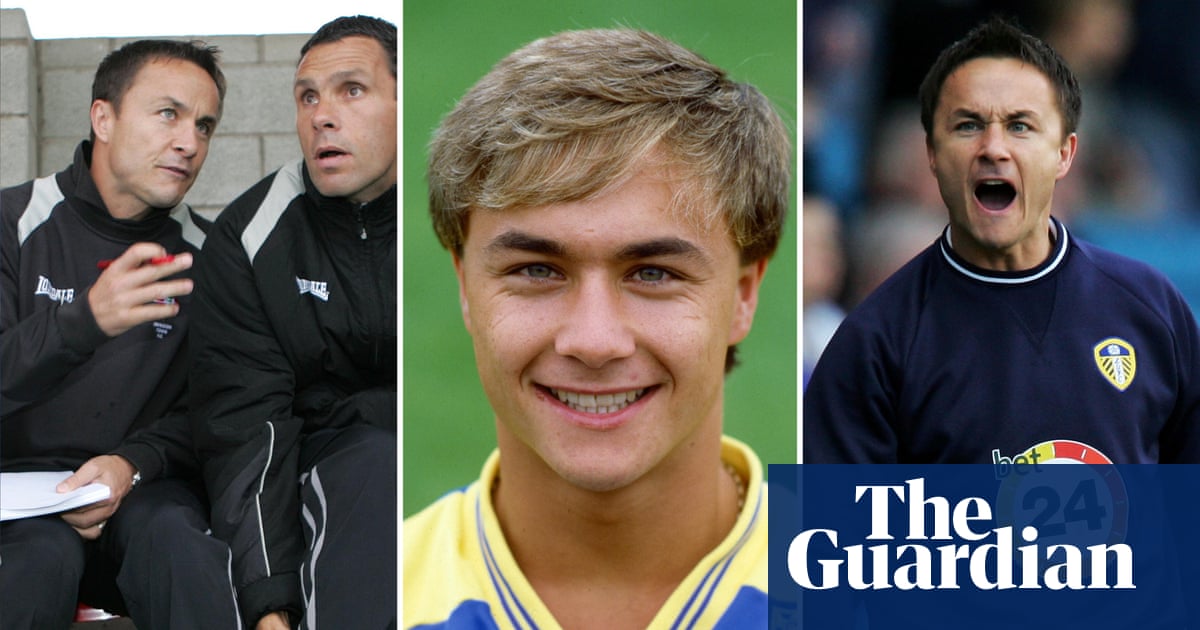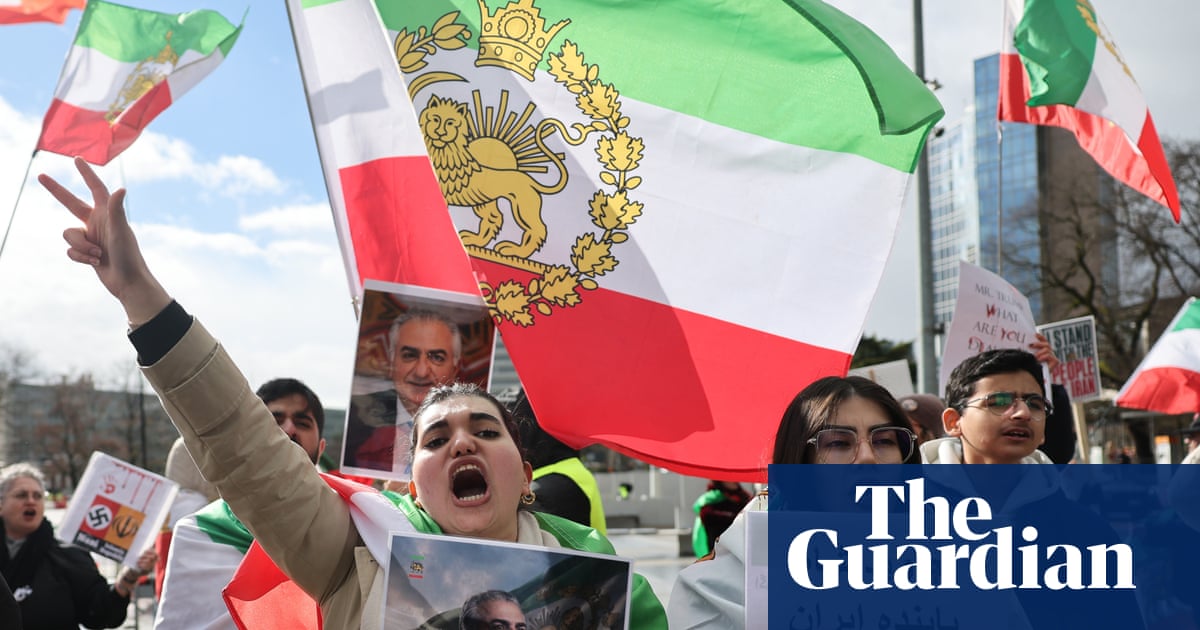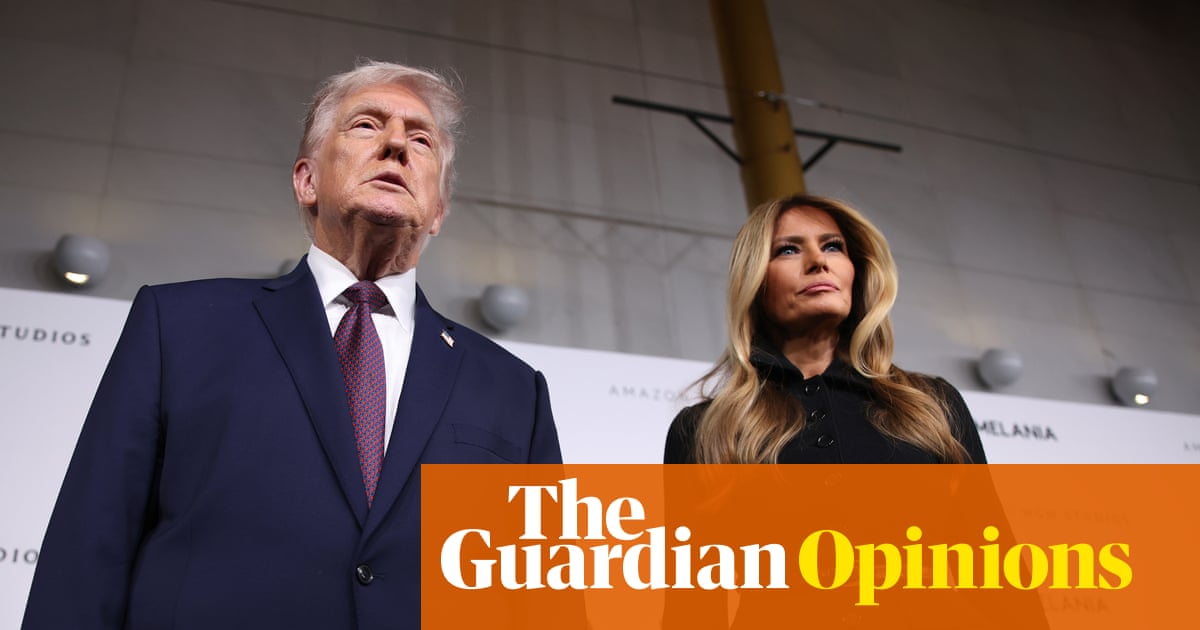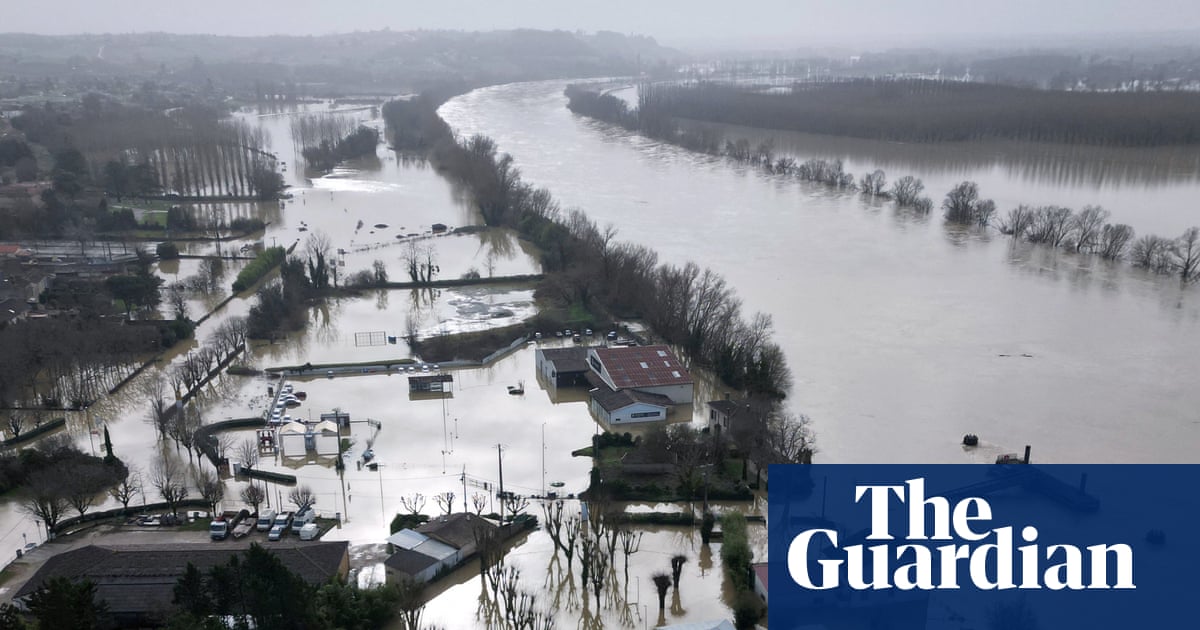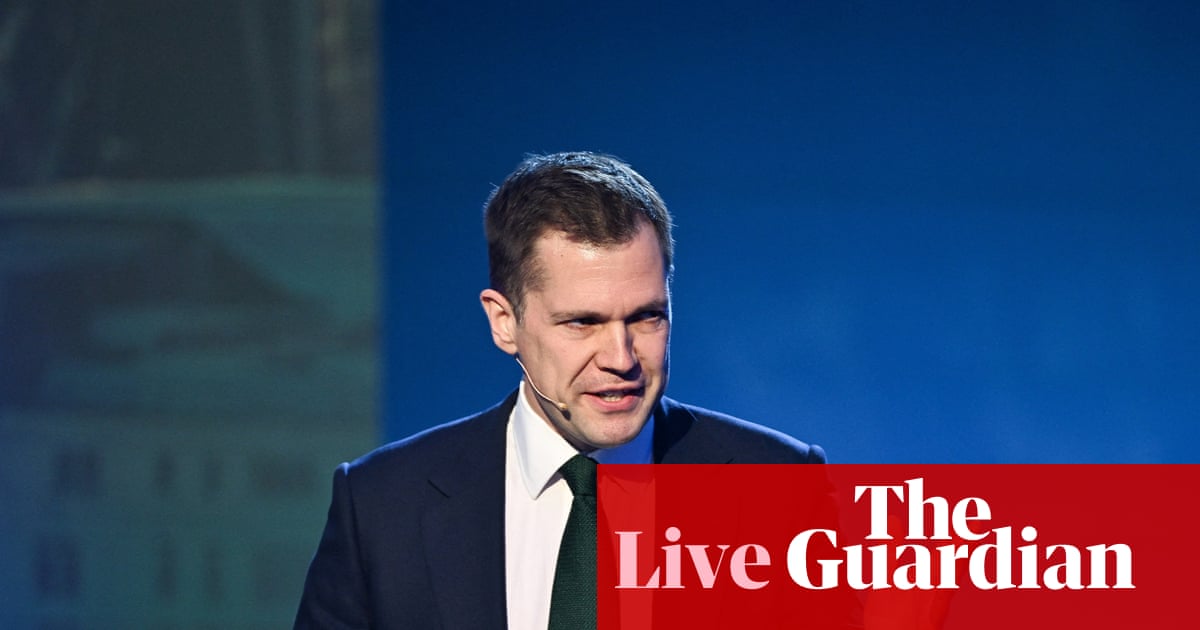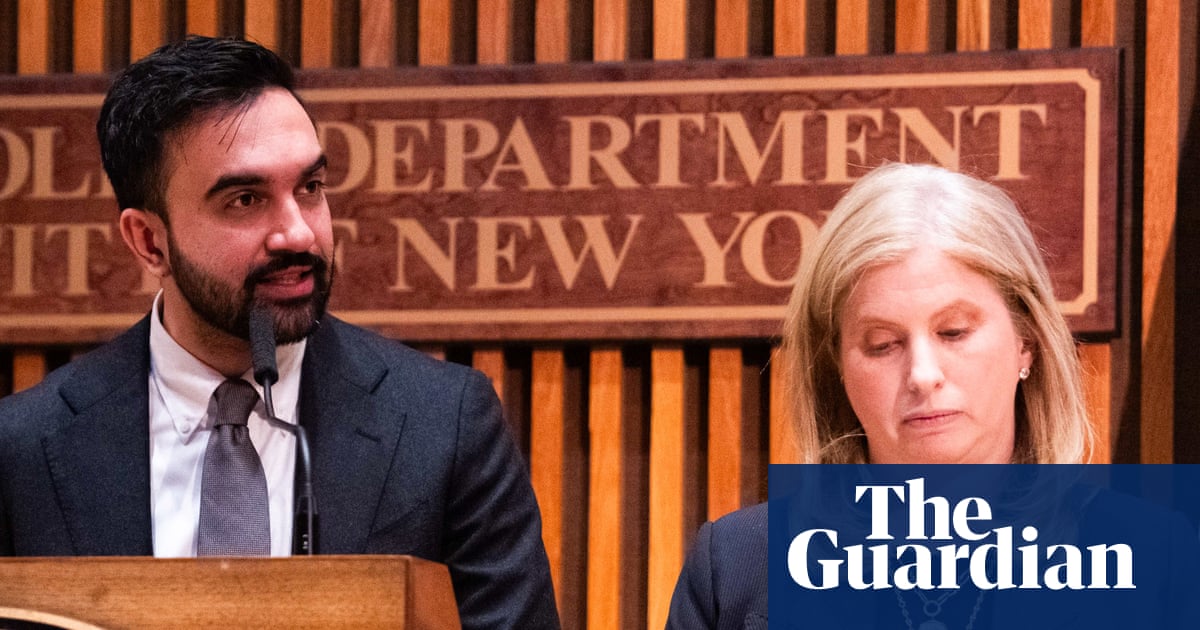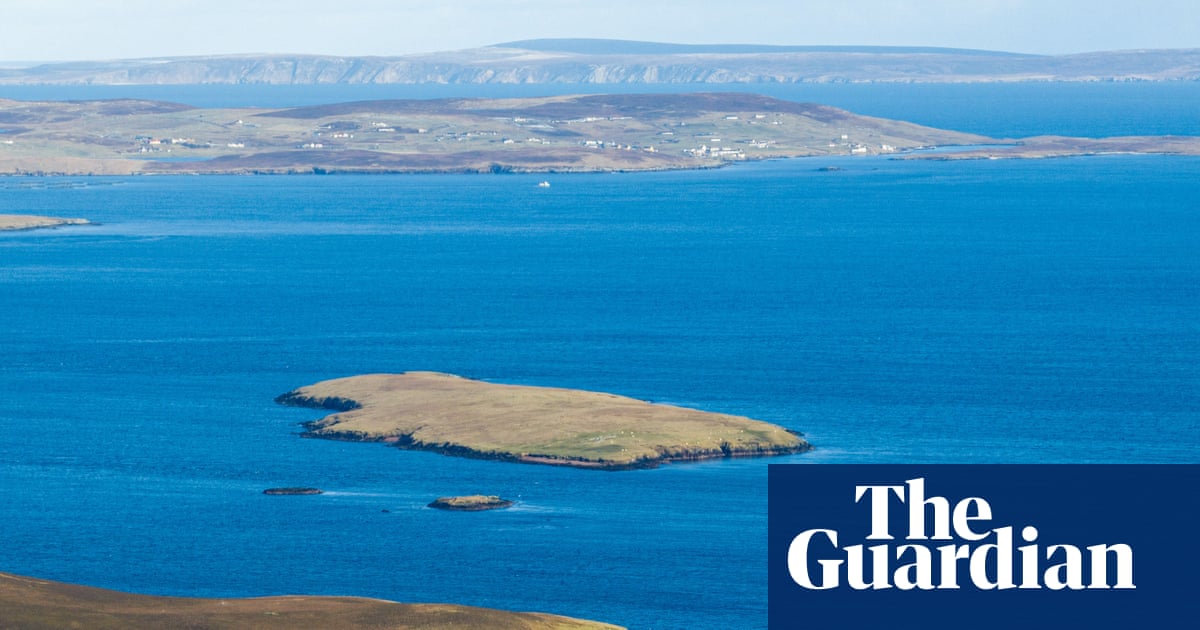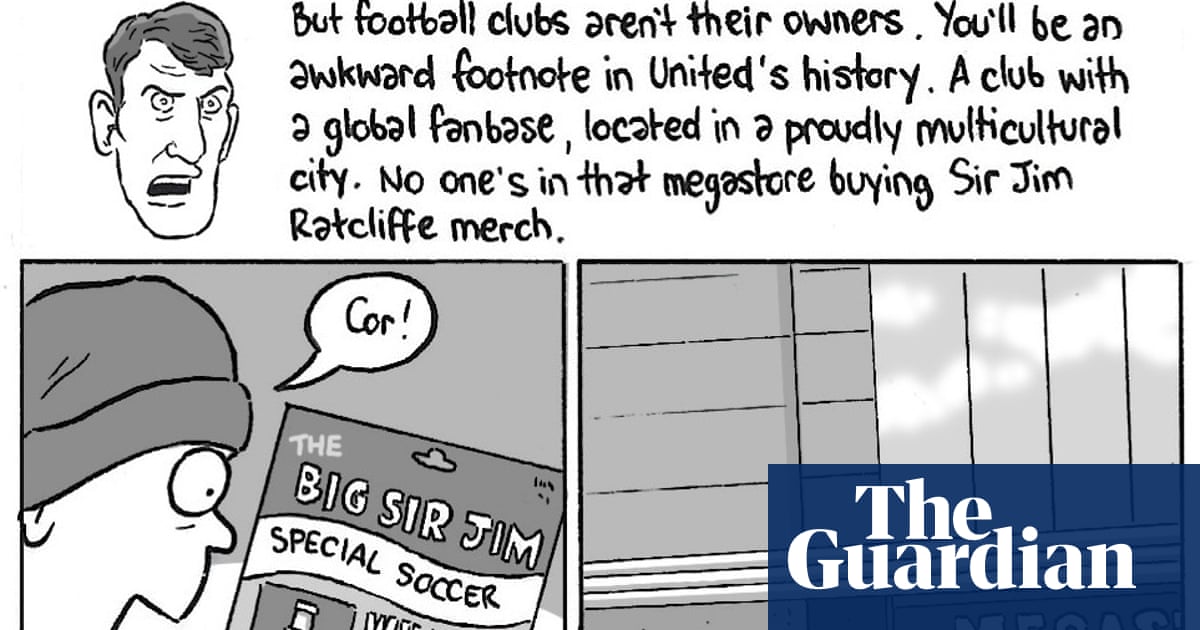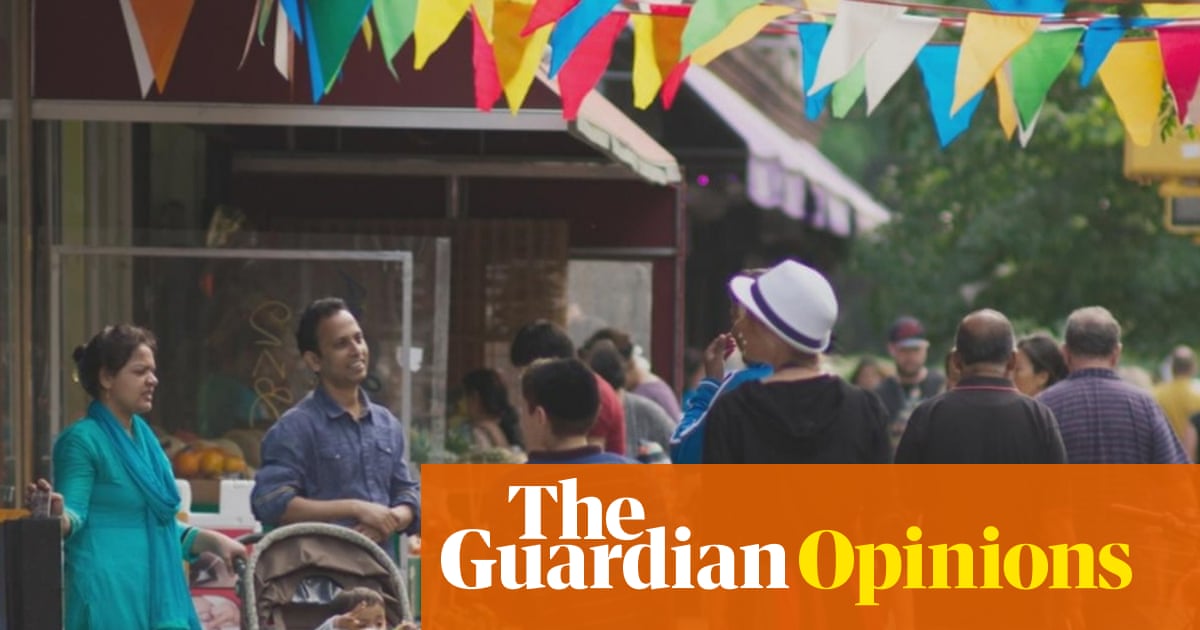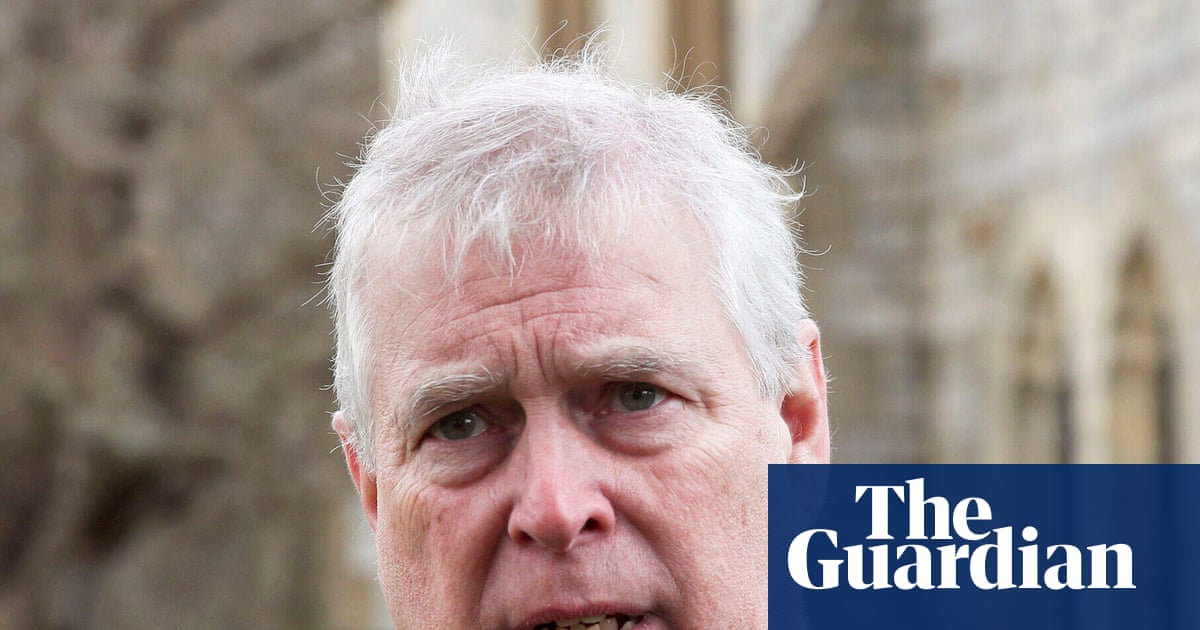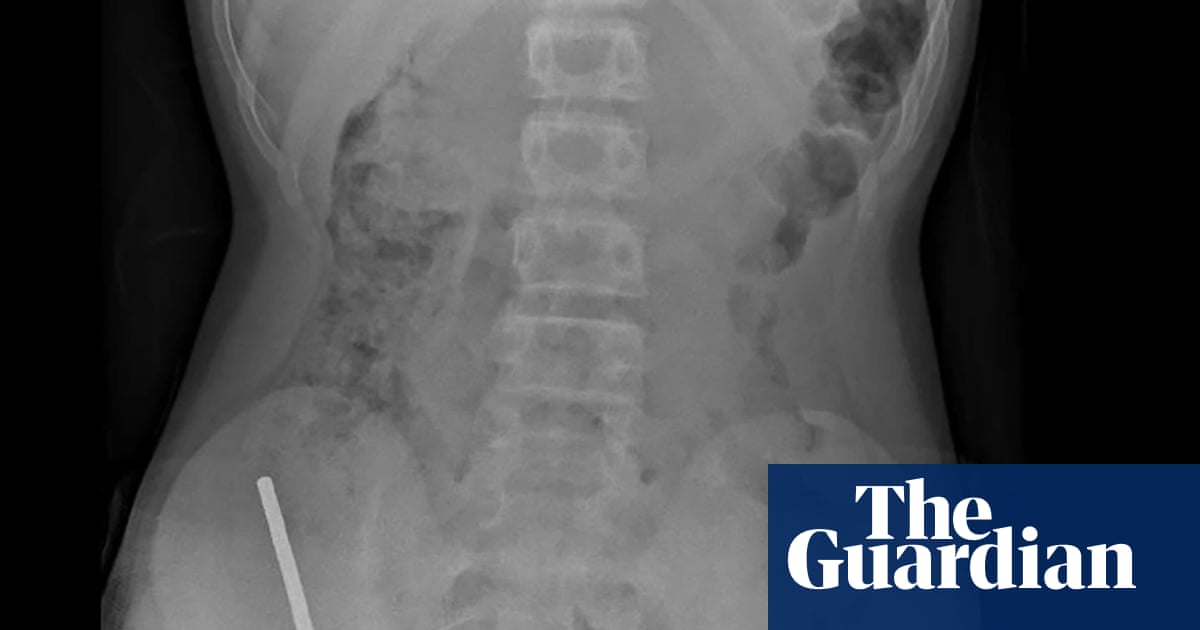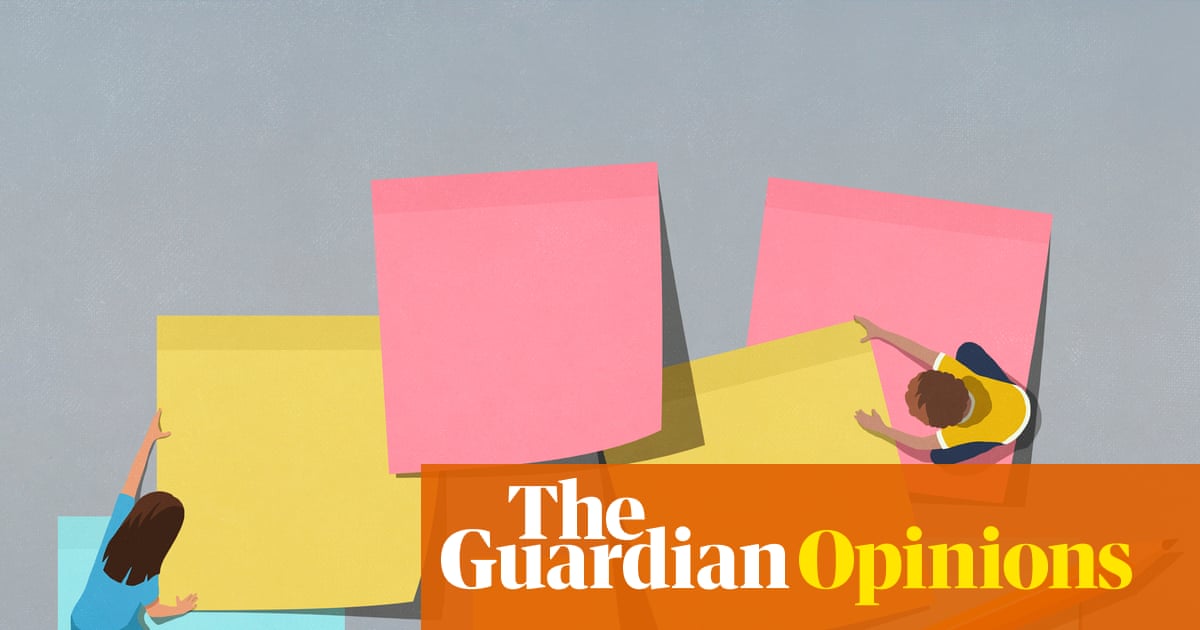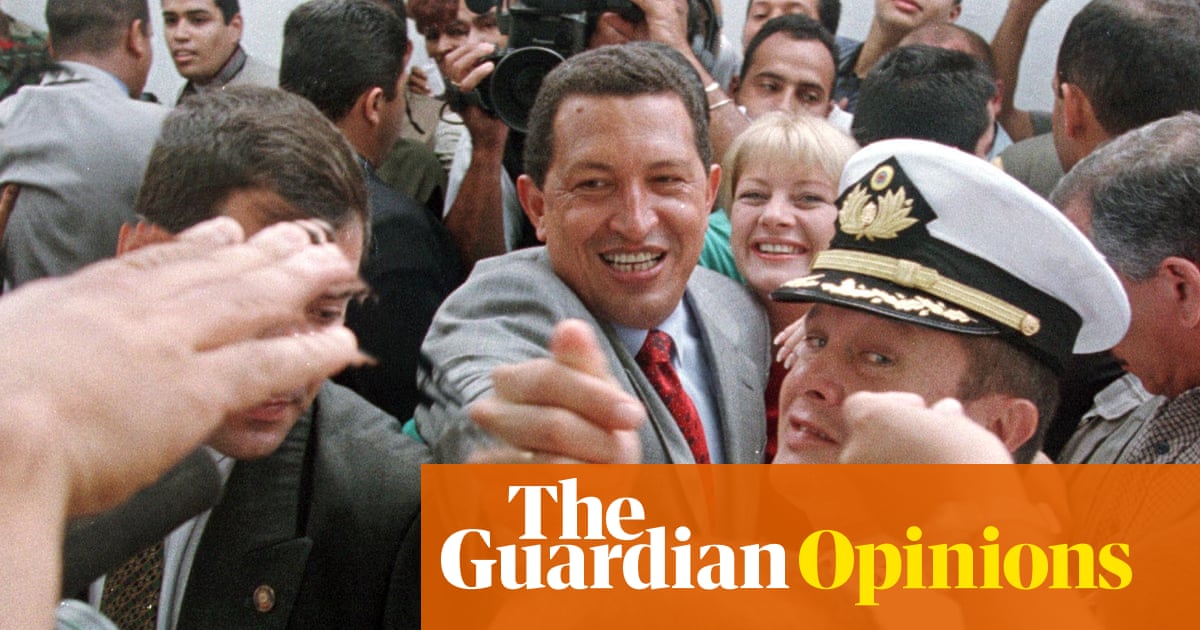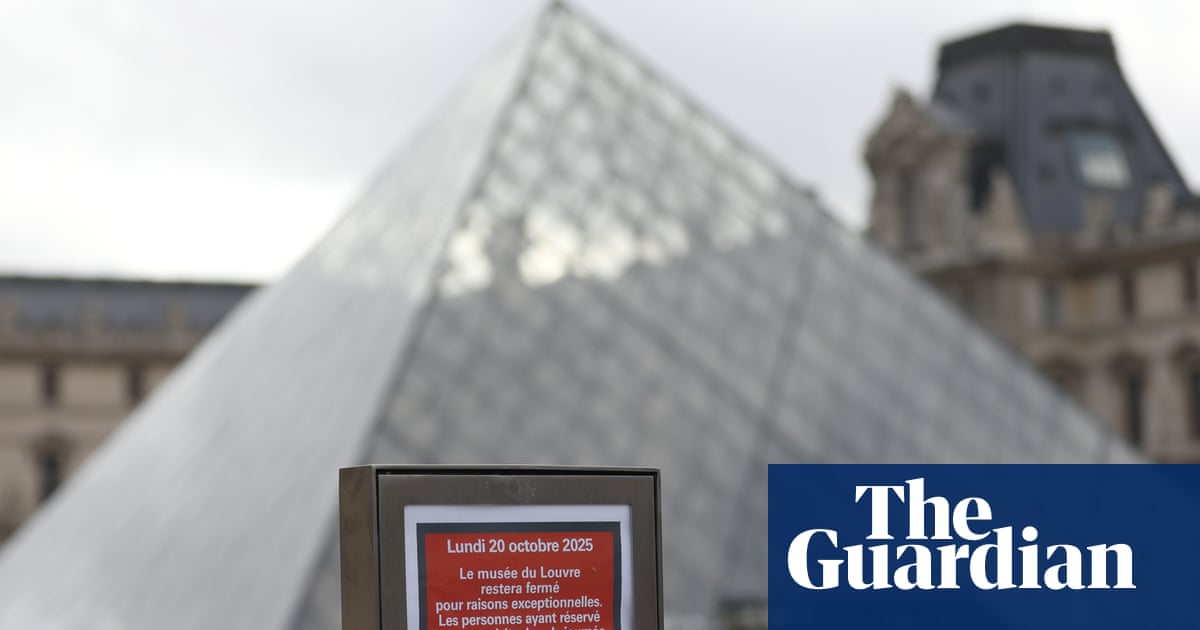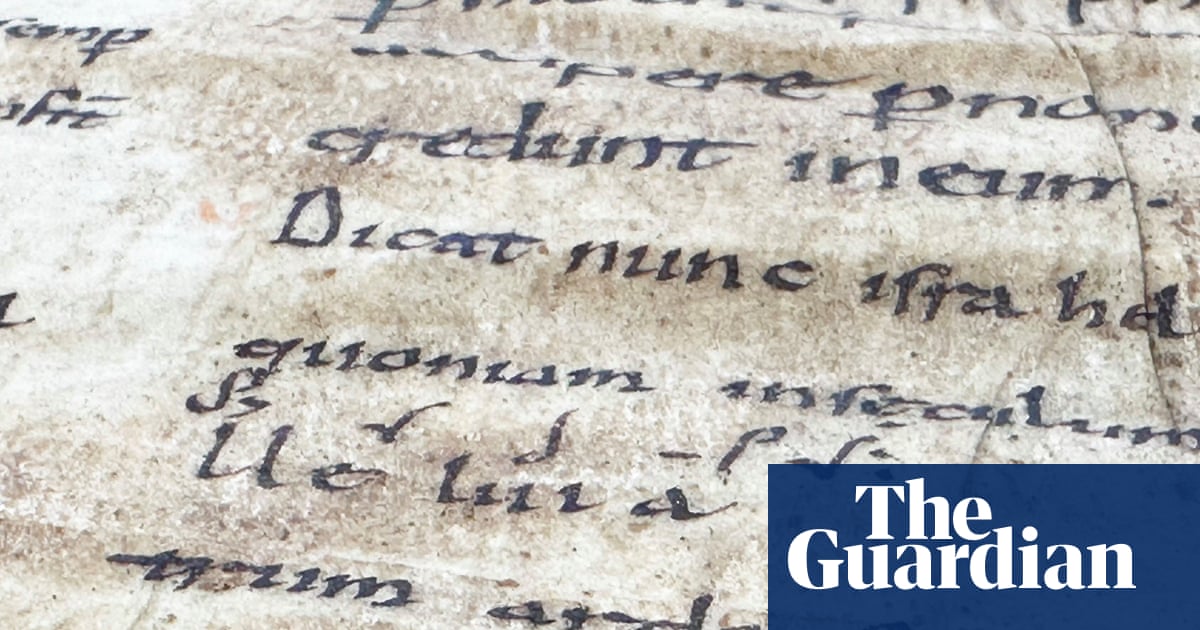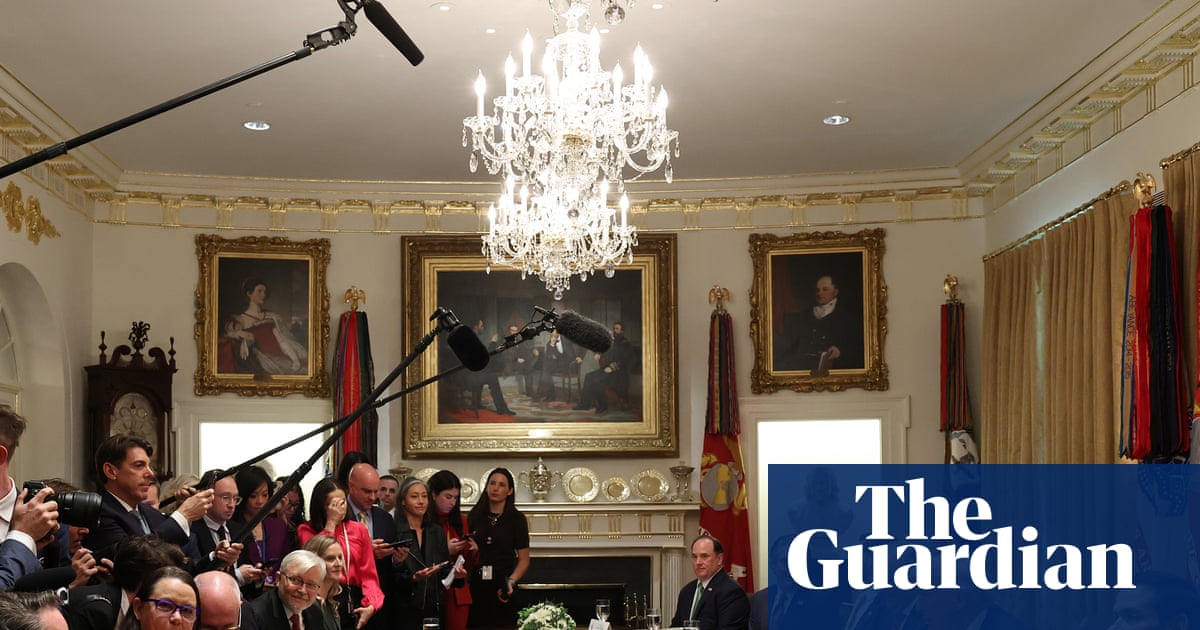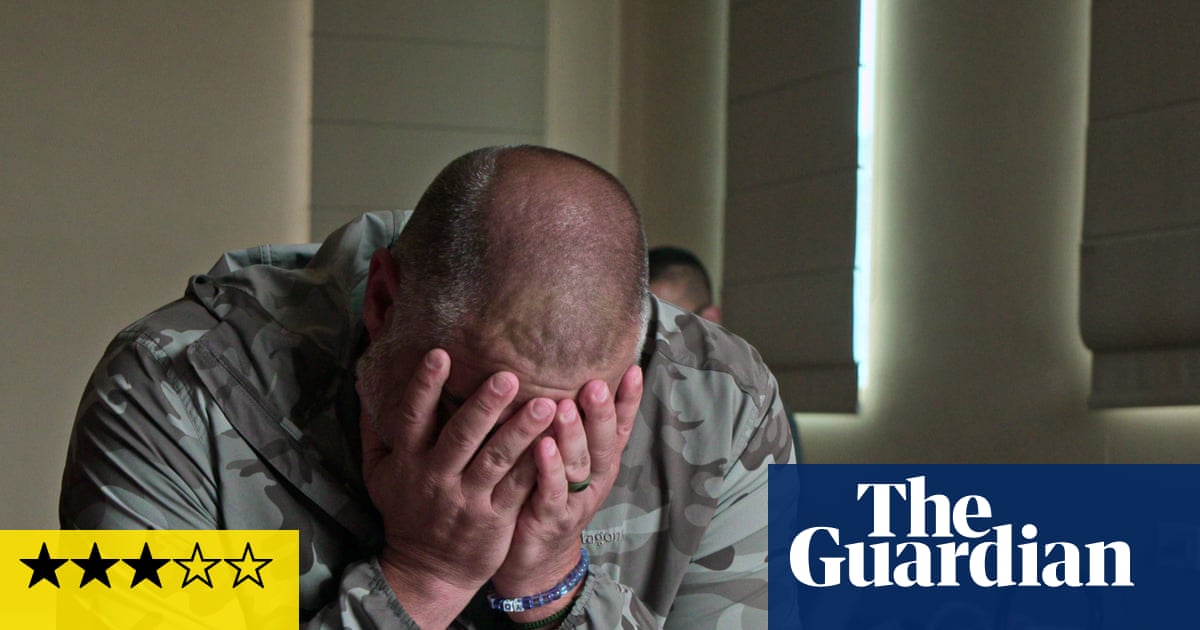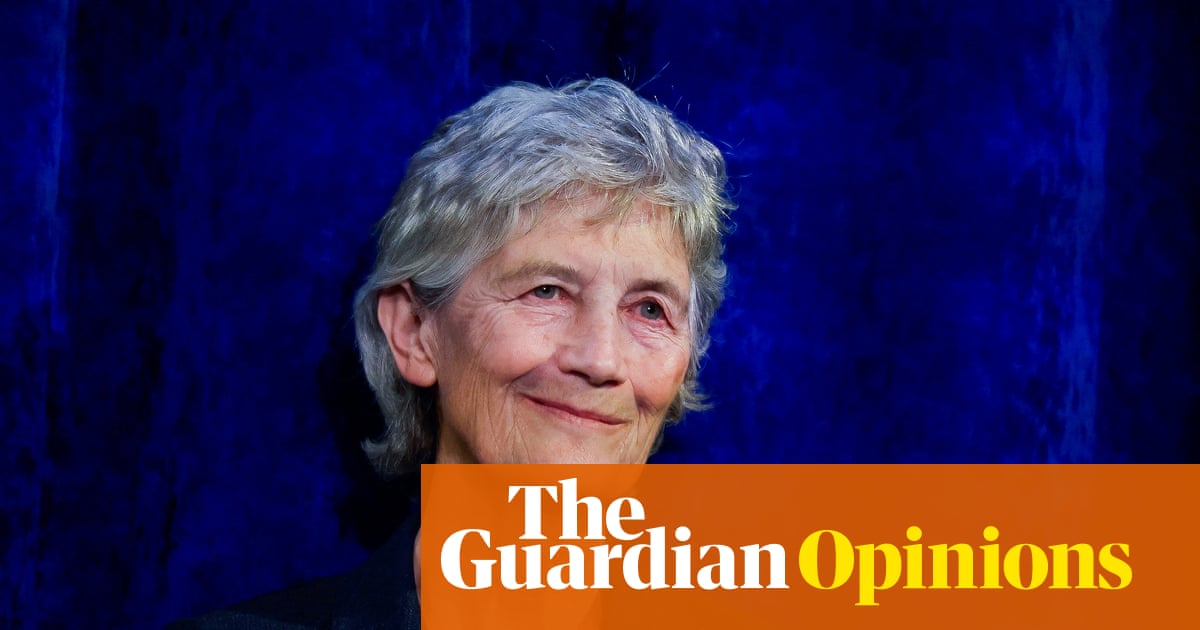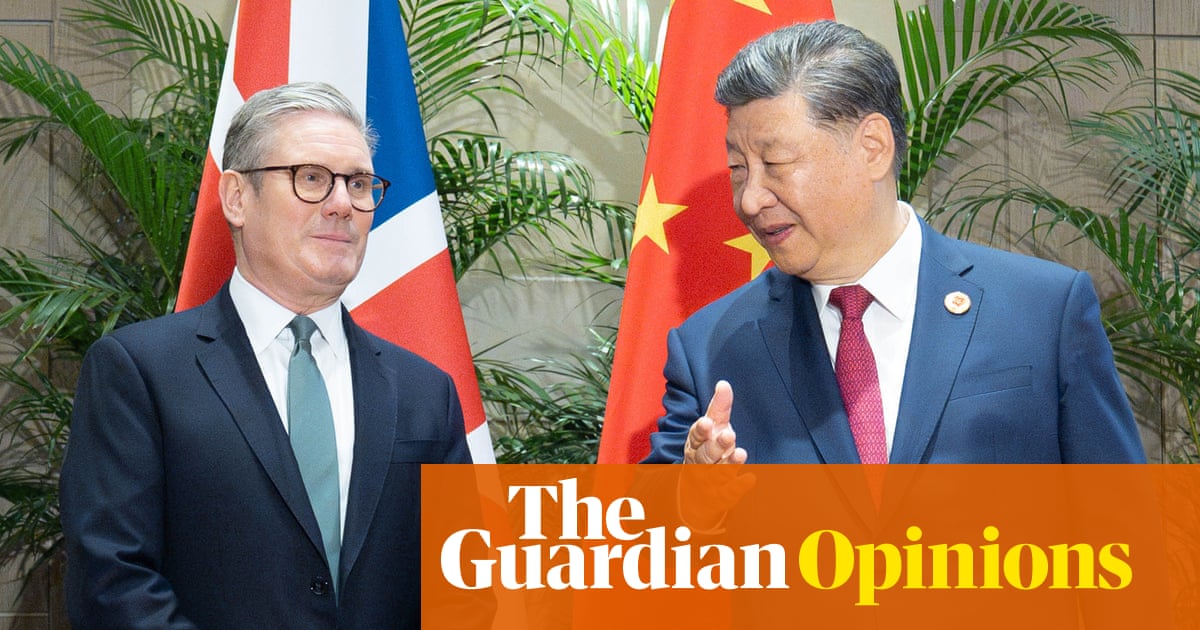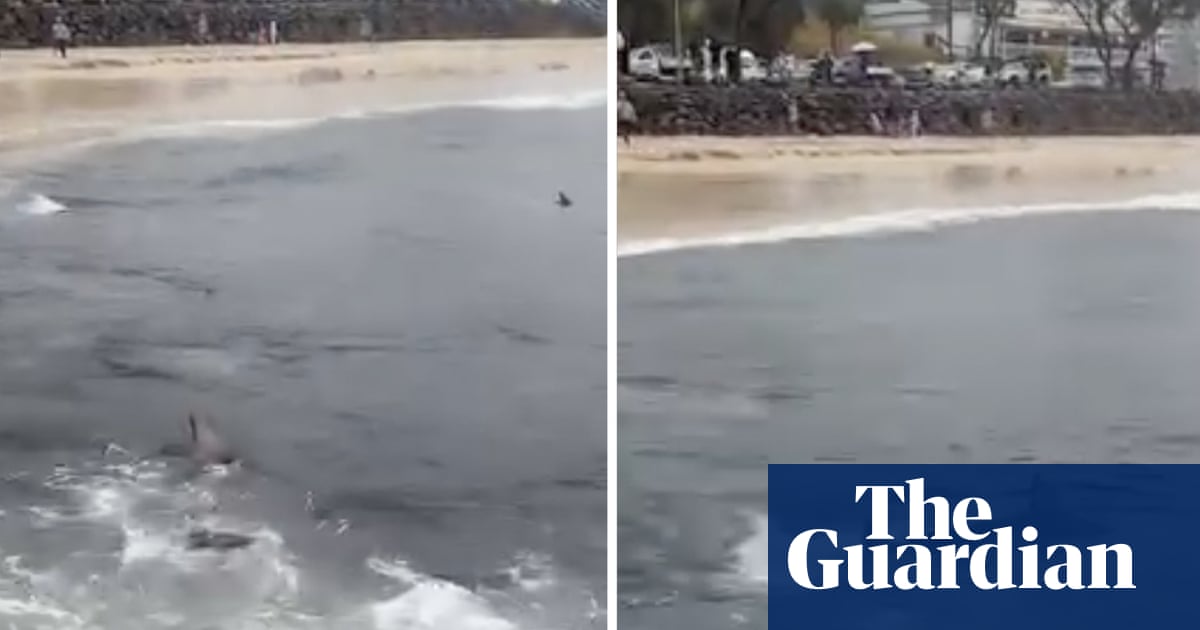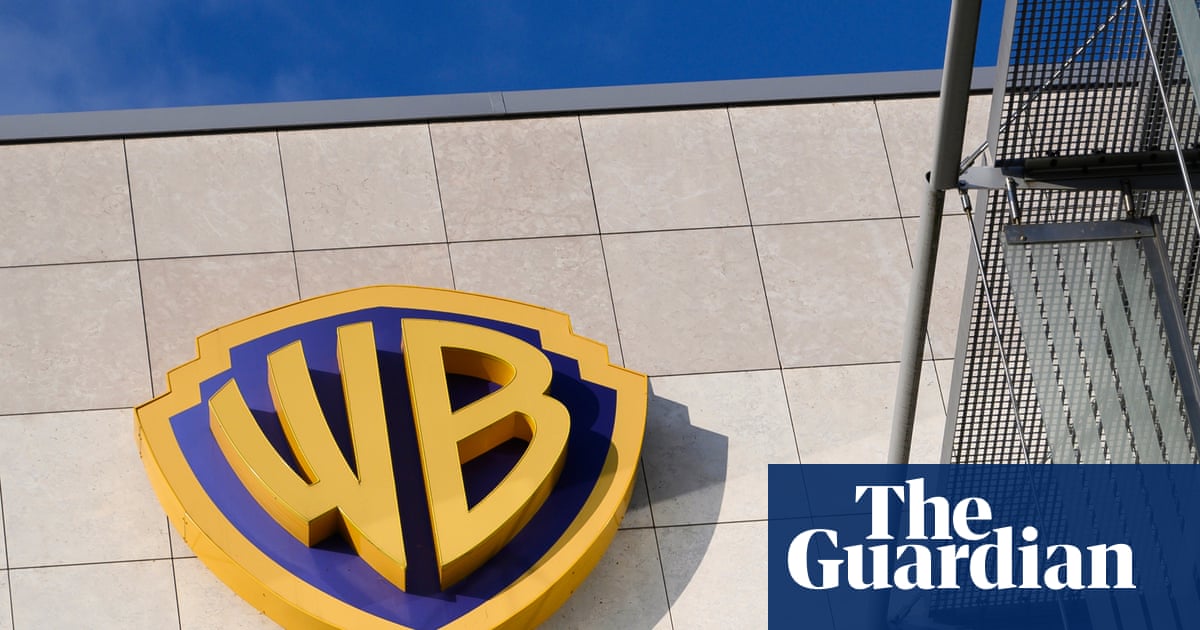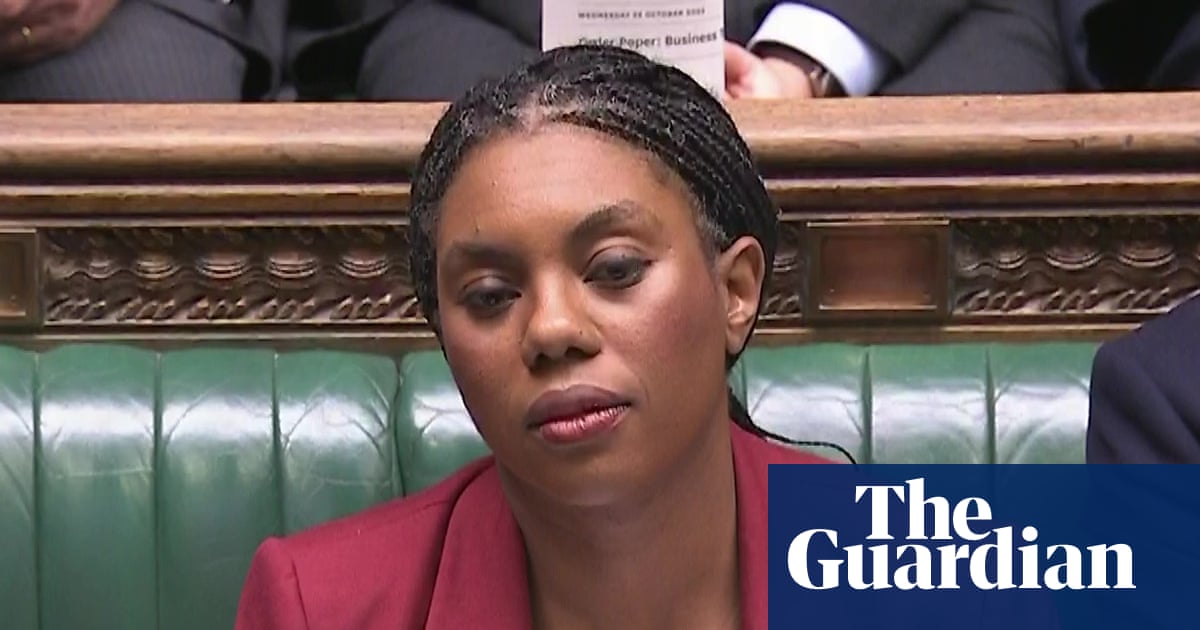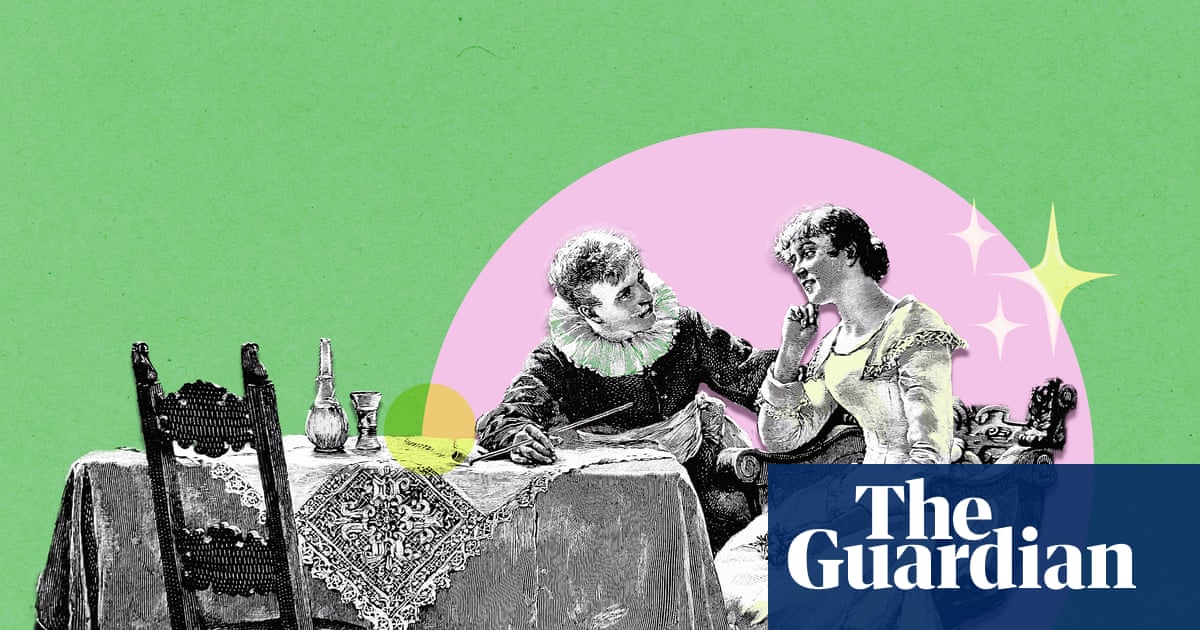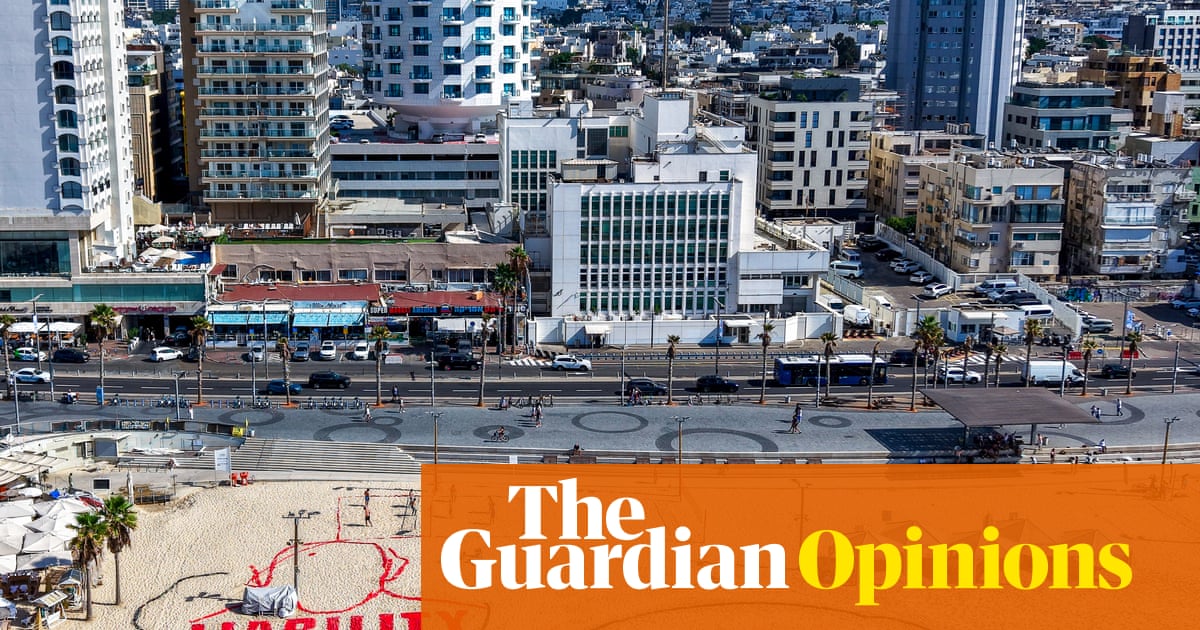The first time Gorka Guruzeta played in England, an 18-year-old appearing for Athletic Bilbao B against Borussia Mönchengladbach Under-23s at Adams Park in September 2015, he scored. The second time he played in England, against Sunderland two months later, he scored. The third time, against Manchester City six weeks after that, well, he scored again. When he returned to Manchester to face United at Leigh Sports Village in 2017, he did it once more. It was a superb volley, too. “In fact,” he says, “it’s one of the best goals I’ve ever scored.” So Athletic did what they had to do: they took him off.
“I got well angry,” the Athletic striker says, and then he starts laughing. “There must be a video somewhere. We went to play United and I was pretty good. They didn’t let me play the second half: I hadn’t yet signed my contract, I was scoring goals, there were lots of rumours, you know how it is. I don’t know about Newcastle being interested, but I remember reading about Man United, the typical thing. I have no idea how true it was, but even if they had called, I would have wanted to stay at Athletic. I feel lucky to be here.”
At Lezama, Bilbao, the morning session is about to start; after it, the short journey to Loiu and another flight to England, this time to play Newcastle in the Champions League on Wednesday. Just saying those two words makes Guruzeta smile. This is proving a difficult season for Athletic, partly because of the demands of being here. Beaten in added time in the derby on Saturday, they have won only one of their past eight league games and lost against Arsenal and Dortmund in Europe. But, take in the big picture, the big nights he has lived and those that lie ahead, and there’s a kind of quiet appreciation about him.
In the three years since he had returned to the club, Guruzeta has been a Europa League semi-finalist, stopped at the gates of a final at home by United, and has boarded a decades-old barge up the Nervión estuary flanked by a million fans after winning the Copa del Rey, the club’s first trophy in 40 years. Now he is Athletic’s top scorer in the Champions League, where they are countercultural and making their first appearance in a decade. “I never imagined this,” he says.
Guruzeta thought it hard enough just to make the first team and he was right. The son of the former Real Sociedad player Xabi Guruzeta and a season ticket holder at the club that are now his rivals, Gorka is a graduate of Antiguoko, the San Sebastián club that produced Mikel Arteta, Xabi Alonso and Andoni Iraola. He joined Athletic at 17 but after making his senior debut in August 2018, he went through a torn cruciate, the cut, a drop in category and a call back before he could truly get a chance to take his place, returning at 26 to live the best days of their lives.
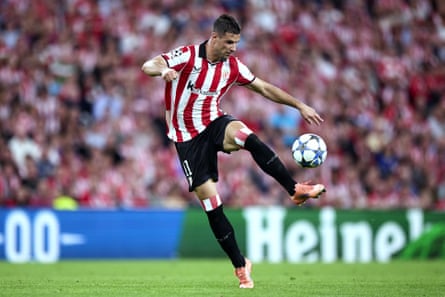
“You go into the academy thinking you won’t reach the first team but with every stage you go through you’re still there and you can see it getting closer. You arrive and then … you have to leave.” He played six, nine, five, one, four and 20 minutes in six games between his debut and February 2019. “And then I go back down to the filial [Bilbao Athletic, the Under-23s]. Five, six games there and I tear my cruciate.
“It was a huge blow but I look back on it as something positive because it made me change the way I saw things, appreciate what I hadn’t. Recovering from a long-term injury is hard, but it helps. You develop habits you didn’t have. It’s not that you don’t look after yourself before, but I would go to training and then go home, like when you’re a kid. At Lezama, you have everything, so do everything. Practice, prevention. Get in the gym. If your hips aren’t balanced, work on that. If your ankles are a 10 in mobility, make it a 12 or a 14. All those ‘silly things’: do them.
“In the first team you’re going to crash into players who have crashed into players 200,000 times. They’re so strong. I look at photos of me before: my legs are chicken legs. So what happens, happens. Look at pictures of me now and it’s totally different. Injury made me see that. Training finishes, but there’s more to do. Everyone else is ready, really ready; you have to be too.”
You also have to play. Guruzeta departed in tears in 2020, aged 23, dropping into the second division. At Sabadell in 2020-21, he scored three times in 40 games. At Amorebieta in the second half of 2021-22, the goals started to flow. “Players go through it: loans, terminated contracts. If you turn it round, work, believe, and if one day they need someone in your position, they might come back for you. You have to be ready. When they decided to call again, it was a dream come true. To then win the Copa del Rey, play in Europe, and reach the Champions League … pfff.”
No wonder he says this is to be enjoyed. All the more so after last year which, at times, was about endurance, playing through a foot injury. From top scorer with 16 in 2023-24, last season he got seven in 15 games more. While he is not a traditional No 9 but rather a player teammates jokingly call Karim after Benzema and who talks eloquently about the movements designed to open spaces for them, as much facilitator as centre-forward, that hurt. Why didn’t you stop?
“I should have,” he says. “I was in a bad way. I could play, just, but the pain was intense and in professional football if you’re not 100% they run all over you. It was painful in games and training. I would wake up and it hurt. But I didn’t want to leave the team stranded; we were doing well in Europe, playing every three days. If I had stopped, maybe I wouldn’t have got back either. Players always want to play, even if they’re not right. Sometimes you have to learn, see what’s better for you and the team, and be honest. Be able to tell the manager: ‘I won’t make it to the third game [this week].’ Now I feel fit again. Now I can enjoy this.”
after newsletter promotion
Dortmund was the one place Guruzeta wanted to go and he scored there, but he returned with Athletic having conceded four. As for Arsenal, they were just too good: “A great team. Well worked, with an incredible squad, so much talent. [Gabriel] Martinelli comes on, scores. They have lots of players who can take on two or three and score. We maybe only have Nico [Williams].”
There was a reality there: Athletic’s Basque-only policy is one “people appreciate: I’m sure lots of clubs would like to do something like this,” Guruzeta says. But Newcastle may be the only one to suggest as much, Freddy Shepherd once saying he dreamed of 11 Geordies, and the disadvantages of limiting yourself to such a small talent pool are clear. Qarabag, Athletic’s most recent opponents, have players from a dozen countries. Athletic found themselves a goal down inside the first minute, everything unravelling.

But that is just what Athletic do, Guruzeta says, and that was when he scored twice, leading them to a 3-1 win, a chance to begin again, travelling to England with hope. “You start in the worst possible way, it’s uphill and you’re thinking: ‘If we lose and it’s no points …’ We had a feeling we hadn’t had in three years, where you’re just not winning. Sometimes you try [too] hard to fix things, which leaves you feeling even worse: we have to get that idea out of our heads. The pressure is there, but as a striker you have to like that. We began making chances, which we had struggled to do. When I scored there was a release, an anger, because I’d had chances.
“You score, win. There’s relief, a belief again that we can compete, enjoy being here. It was super important to escape that ‘zero points’. Against Qarabag we were what we want to be in every game; with that, the fear goes. We know that we have hard opponents, we go to Newcastle and then PSG come, but we’re Athletic.”

 3 months ago
51
3 months ago
51
